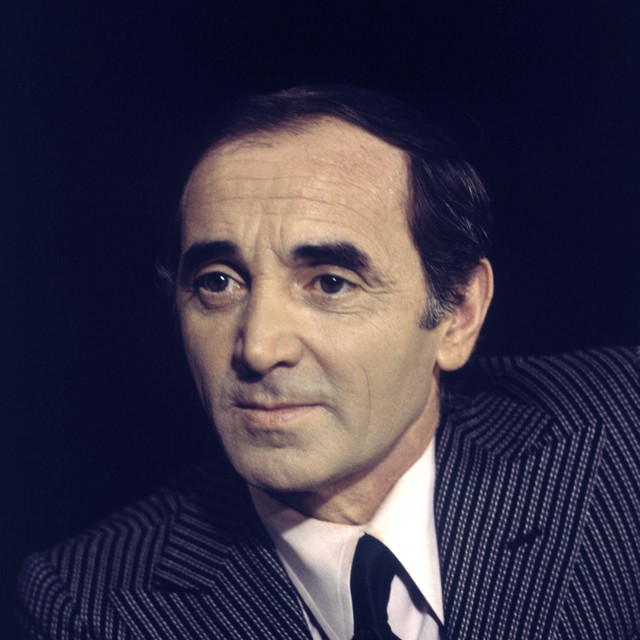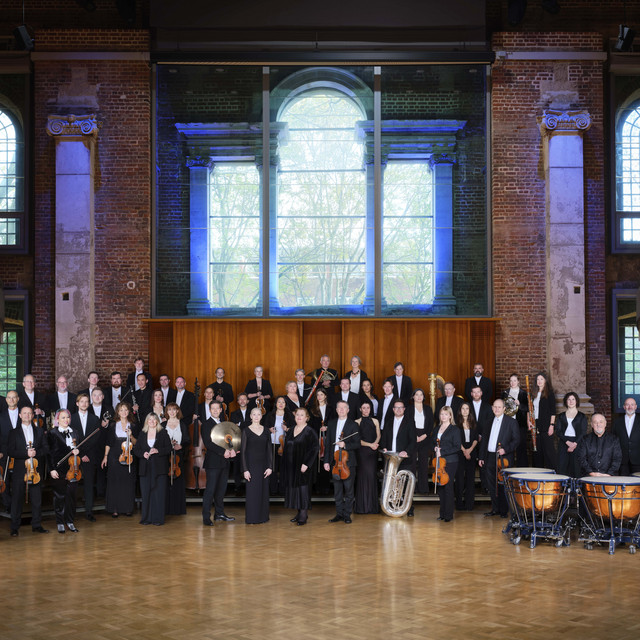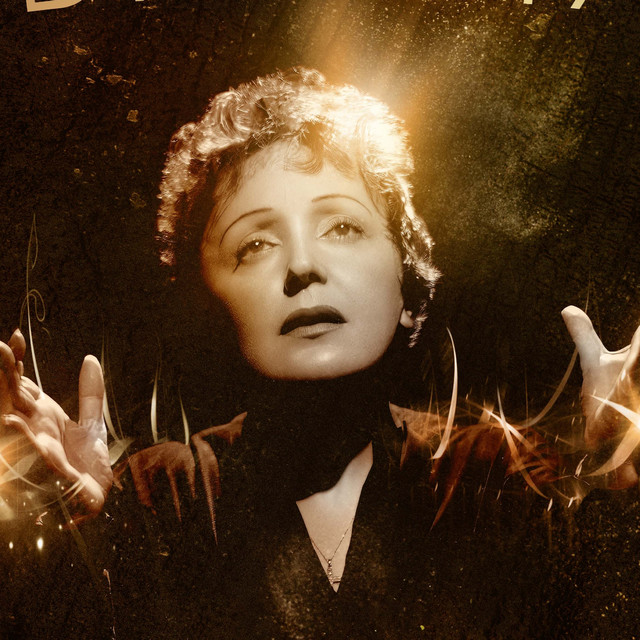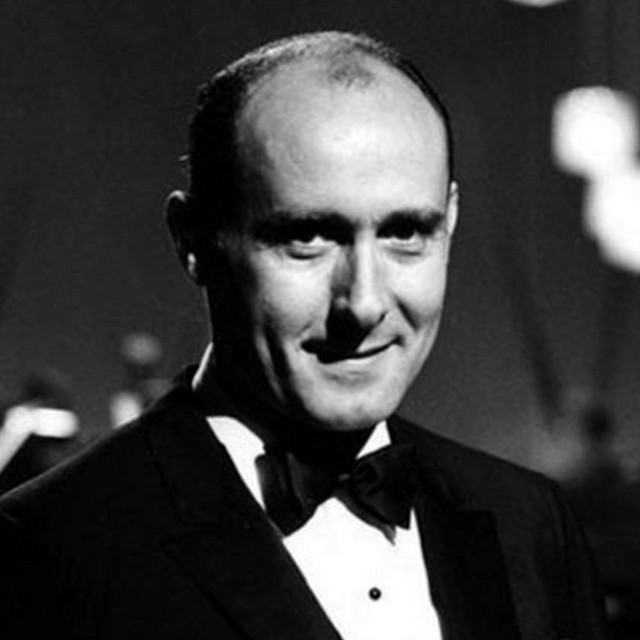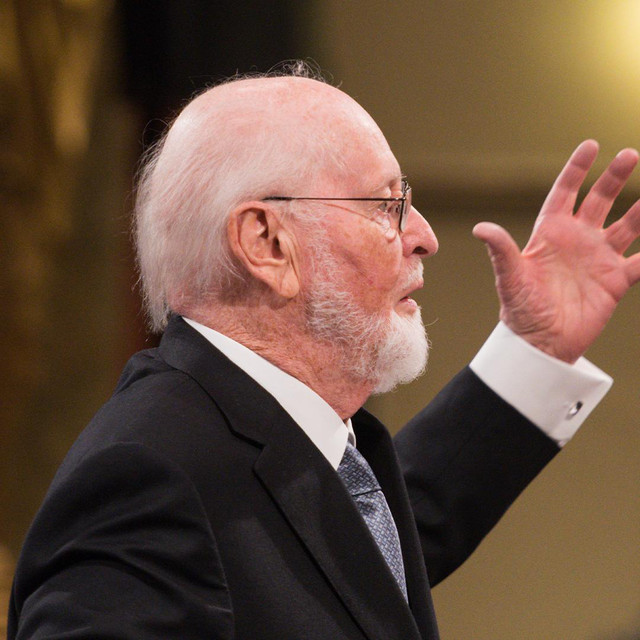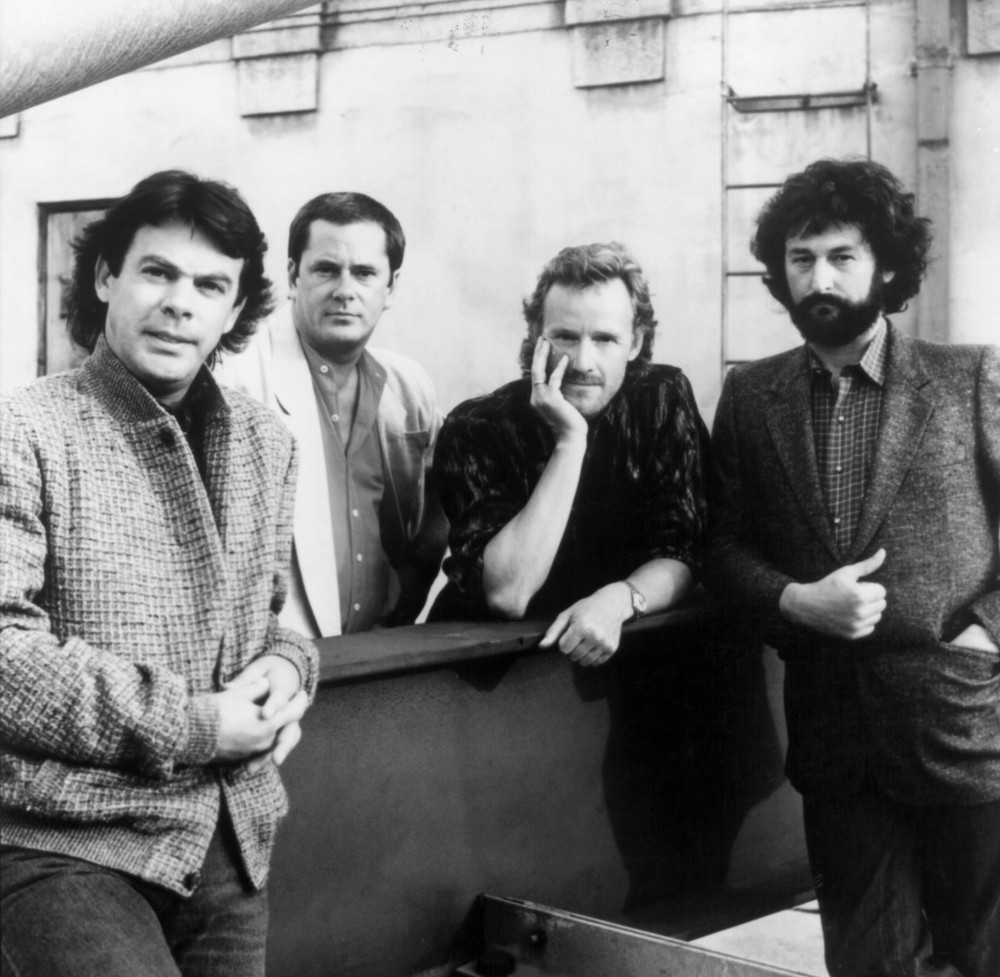MusicXML scores for saxophone by J. Offenbach
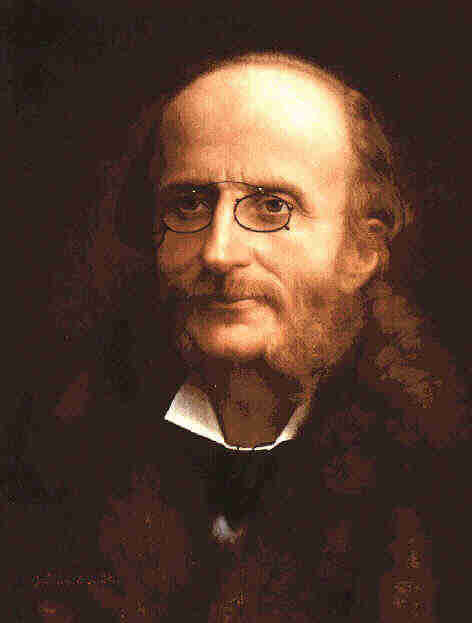
Jacques Offenbach (; 20 June 1819 – 5 October 1880) was a German-born French composer, cellist and impresario. He is remembered for his nearly 100 operettas of the 1850s to the 1870s, and his uncompleted opera The Tales of Hoffmann. He was a powerful influence on later composers of the operetta genre, particularly Franz von Suppé, Johann Strauss II and Arthur Sullivan. His best-known works were continually revived during the 20th century, and many of his operettas continue to be staged in the 21st. The Tales of Hoffmann remains part of the standard opera repertory.
Born in Cologne, Kingdom of Prussia, the son of a synagogue cantor, Offenbach showed early musical talent. At the age of 14, he was accepted as a student at the Paris Conservatoire; He found academic study unfulfilling and left after a year, but remained in Paris. From 1835 to 1855 he earned his living as a cellist, achieving international fame, and as a conductor. His ambition, however, was to compose comic pieces for the musical theatre. Finding the management of Paris's Opéra-Comique company uninterested in staging his works, in 1855 he leased a small theatre in the Champs-Élysées. There, during the next three years, he presented a series of more than two dozen of his own small-scale pieces, many of which became popular.
In 1858 Offenbach produced his first full-length operetta, Orphée aux enfers ("Orpheus in the Underworld"), with its celebrated can-can; the work was exceptionally well received and has remained his most played. During the 1860s, he produced at least eighteen full-length operettas, as well as more one-act pieces. His works from this period include La belle Hélène (1864), La Vie parisienne (1866), La Grande-Duchesse de Gérolstein (1867) and La Périchole (1868). The risqué humour (often about sexual intrigue) and mostly gentle satiric barbs in these pieces, together with Offenbach's facility for melody, made them internationally known, and translated versions were successful in Vienna, London, elsewhere in Europe and in the US.
Offenbach became associated with the Second French Empire of Napoleon III: the emperor and his court were genially satirised in many of Offenbach's operettas, and Napoleon personally granted him French citizenship and the Légion d'honneur. With the outbreak of the Franco-Prussian War in 1870, and the fall of the empire, Offenbach found himself out of favour in Paris because of his imperial connections and his German birth. He remained successful in Vienna, London and New York. He re-established himself in Paris during the 1870s, with revivals of some of his earlier favourites and a series of new works, and undertook a popular US tour. In his last years he strove to finish The Tales of Hoffmann, but died before the premiere of the opera, which has entered the standard repertory in versions completed or edited by other musicians.
Select one of the J. Offenbach track and play this music score in musicXML, PDF, or online with tablature, fingering charts or simply from a traditional music sheet format.
Our musicXML database is quite huge. That's why it could be sometimes a bit complicated to find the song you are looking for. But with this advanced search form, you can jump deeper in our database quite easily. Make yourself at home, find your music score and play that sheet!

